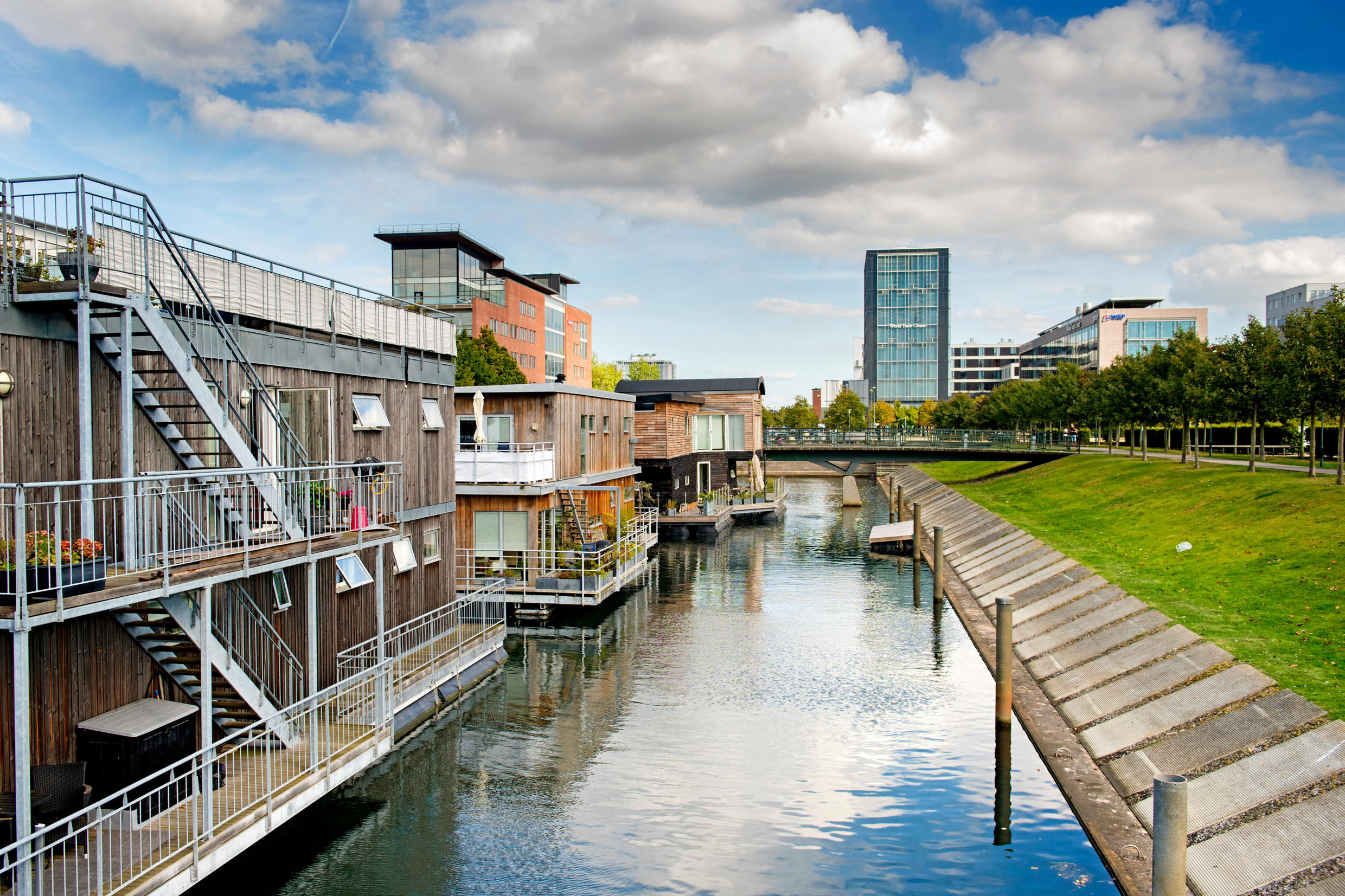Goal 2: The Nordic regions must be both competitive and integrated
In order for a Competitive Nordic Region to be possible, it is necessary for businesses across the entire Nordic Region to have good conditions which will allow them to help generate growth, development and prosperity. However, stark differences often exist between cities and rural areas. Digitalisation, the developed use of new technologies (such as artificial intelligence), access to training and education, business-promoting initiatives and both public and private services are all crucial in order to attract and retain the necessary and qualified labour force and to ensure attractive living conditions. Regional policy collaboration between the Nordic countries around common challenges is important in order to strengthen the entire Nordic region and promote cross-border co-operation and locally tailored solutions. Nordic co-operation within regional development and planning must work to bolster regional and local competitiveness, resilience and integration across municipal, regional and national borders in the Nordic Region.

Sub-goal 2.1: There must be good framework conditions for sustainable growth, innovation and resilience in place in all parts of the Nordic Region
Innovation, entrepreneurship and business enterprise are central components of a Green and Competitive Nordic Region, and of the solutions to the major societal challenges that affect the environments, cities and rural areas that make up the wider Nordic Region. Nordic co-operation around regional development and planning should be undertaken from a territorial perspective in order to contribute towards the creation of good conditions for sustainable economic activity, innovation and resilience in all parts of the Nordic Region.
Sub-goal 2.2: There must be good conditions in place in order to attract and retain qualified labour forces in all parts of the Nordic Region
Good access to a qualified labour force for businesses in all parts of the Nordic Region is crucial to the region’s competitiveness. Good skills supply and development will enable the labour market transition that is required in order to attain a sustainable level of development and a greater level of competitiveness. Digital solutions within education and the world of work can boost the recruitment base available, even in rural areas characterised by long distances, and they can facilitate the development, innovative capacity and diversification of the business and public sectors. Nordic co-operation around regional development and planning must contribute towards the promotion of solutions linked to skills supply based on a territorial perspective and a perspective that takes account of the different conditions of cities and rural areas.
Sub-goal 2.3: There must be good framework conditions in place for border-region collaboration and functional regions
It should be simple to live, study, work and run a business across the entire Nordic Region. The Nordic border regions constitute a collaborative hub for the promotion of business competitiveness, the adaptation of skills supply, the identification and removal of border obstacles, the development of sustainable and climate-friendly environmental and energy solutions, the promotion of sustainable land use and the development of cross-border infrastructure and communications. Nordic co-operation within regional development and planning needs to drive forward sustainable, territorial development work across national borders, with a view to developing vital border regions that can thus promote the development of an integrated Nordic Region that is Green, Competitive and Socially Sustainable.